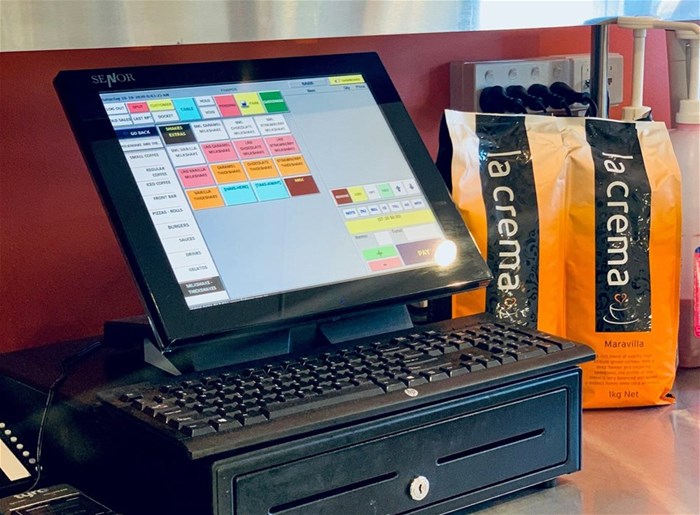
Let’s start with a summarised definition of POS. At its simplest, it is the place where a transaction is executed. This can be in-person or online on various channels along the customer journey. A POS is a vital part of the customer journey as it is the crescendo of what has come prior to that point.
Nowadays, a modern POS is highly interactive and there are a host of opportunities to upsell, customise experiences and bring in additional revenue streams through value-added services, such as bill payments and prepaid services. In other words, a POS is more than just a place to accept payments.
As a result of the misunderstanding of the actual definition of a modern POS solution, there is a spectrum of solutions in the market. On one end, institutions offer devices that are designed to receive payment with very little further functionality. On the other end of the spectrum, retail experts offer fully functional retail solutions where the basic payment capability is there, but this is not the beginning and end of the solution.
These POS solutions record transactions, record who a business is selling to and pull together a basket service of price, product and promotion. They offer a rich POS experience.
A retailer can only know what it knows, and can only learn from specialist retail partners or through its own experience as it grows. Comparing the two ends of the spectrum is not an apples versus apples exercise, rather it is akin to feature phones versus smartphones.
The cheap device may work now but what happens when you open your second store, or 22nd store, or when you wish to sell airtime or accept vouchers without keeping the customer waiting and adding unnecessary friction to the checkout?
An unstable or unsuitable POS can create loopholes for fraud and theft and can also lead to lost sales. It can negatively impact staff morale and user and shopper experience, which will lead to brand damage. It is apparent that without the right knowledge and support, small and medium businesses are caught somewhere in the middle of the spectrum trying to compare POS versus POS.
The goal of any POS solution should be to deliver to a retailer an exceptional share of shopper spend through services and technology. In other words – increase shopper spend.
The cold hard truth is that a POS without the right functional capabilities sets retailers up for the reality of many manual processes. The number of spreadsheets one sees as retailers try to compensate for entry-level functionality is astounding. It is one thing to accept a payment, but another altogether to manage stock inventory in real time.
A modern POS must integrate full functionality from receiving payment to tracking inventory, from personalising promotions to building up product sets based on customer behaviour and needs, to building up workflows and much, much more.A rich bouquet of functionality is an investment in growth opportunity as opposed to a once-off decision based on marginal perceived cost savings.
When choosing between POS solutions, a retailer should work with a partner who understands retail, and knows – through experience – the challenges of operating in retail environments. A retailer should ensure the specialist partner is transparent, collaborative and customer-centric.
Always ask for references. Then, once a retailer has obtained input from its own frontline workers, there are many questions it needs to answer in order to land on the right solution.
Work out a budget and then look at the prices in the market.
Now, dig a little deeper and look at the licence model.
Look at the DNA of the product and the customers who currently use it.
You need to get on with the business of running your business.
Many SMEs are often caught out with third-party costs, the cost of operating systems, database needs and more.
Support cannot be underestimated.
If one considers how many questions need to be answered, it becomes evident that a specialist retail partner is far more suited to helping small and medium-sized retailers navigate the highly complex environment of modern retail systems, and POS solutions specifically, than vendors simply providing a POS that simply processes payments.